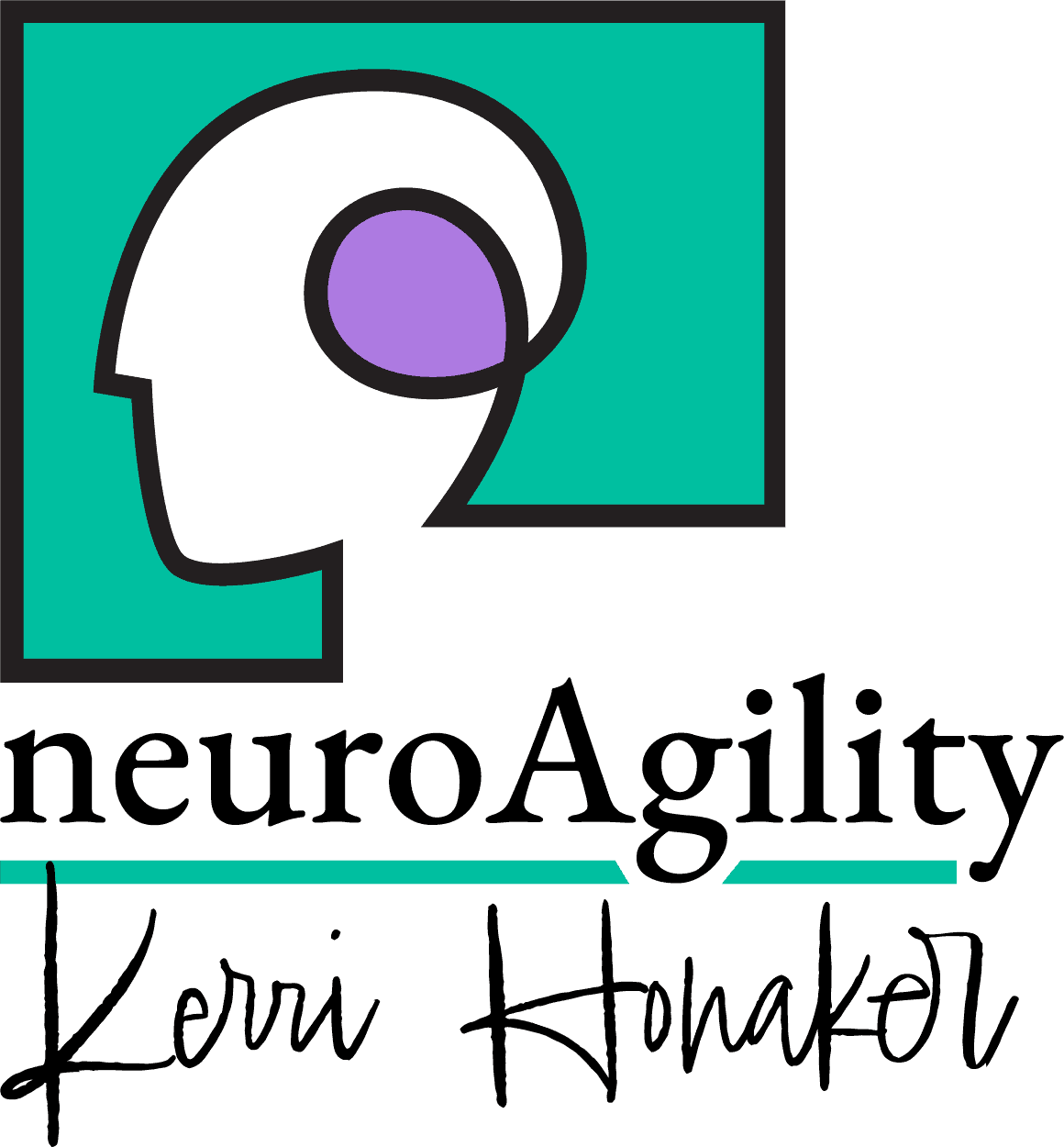Information on ADD/ADHD
-
Early Behavior Therapy Found to Aid Children With A.D.H.D.
Children with attention-deficit problems improve faster when the first treatment they receive is behavioral rather than starting immediately on medication. Full Article: The New York Times, “Early Behavior Therapy to Aid Children With ADHD”
-
Can’t Focus? It Might Be Undiagnosed Adult ADHD
More and more adult patients who are concerned about dementia, actually have ADHD. For adults, the problem is not disruptive behavior or keeping up in school. It’s an inability to focus, which can mean inconsistency, being late to meetings or just having problems managing day-to-day tasks. Full Article: NPR, “Can’t Focus? It Might Be Undiagnosed…
-
Maybe We’re Thinking About ADHD All Wrong
Researchers are currently debating the nature of ADHD. They have found some genetic markers for it, but the recent rise in diagnoses is too swift to be explained by changes in our genes. Full Article: NPR, “We’re Thinking About ADHD All Wrong, Says A Top Pediatrician”
-
A Peek At Brain Connections May Reveal Attention Deficits
Brain imaging experiments found patterns associated with attention span. Full Article: NPR, “A Peek At Brain Connections May Reveal Attention Deficits”
-
Reduced Symptoms of Inattention after Dietary Supplementation
An Abstract on Reduced Symptoms of Inattention after Dietary Omega-3 Fatty Acid Supplementation in Boys with and without Attention Deficit/Hyperactivity Disorder Full Article: Neuropsychopharmachology – At the Intersection of Brain, Behavior, and Therapeutics
-
Letting Kids Move in Class
How teachers incorporate movement into lessons to make it part of learning, not just a break from it. Full Article: The Washington Post, “Letting kids move in Class isn’t a break from learning. It IS learning.”
-
Bedtime Has Huge Impact on Sport
Our internal body clock has such a dramatic impact on sporting ability that it could alter the chances of Olympic gold, say researchers. Full article: BBC News Health, “Bedtime ‘has huge impact on sport’ “
-
How to Stop Procrastinating
Some dos and don’ts for closing the knowing-doing gap. Full Article: Chopra Centered Lifestyle Newsletter, “How to Stop Procrastinating”
-
Teaching Mindfulness to Teenagers
This article teaches how to teach mindfulness to teenagers. It would also be good for adults that work or live with teens!
-
Why Being Idle Can Lead to Better Thinking
·
Studies show that people would rather do something—anything—than be alone with their thoughts. But it’s through reflection, daydreaming, and introspection that we make sense of information and experiences and come up with new insight and ideas. Full Article: Lifehacker, “Why Being Idle Can Lead to Better Thinking”
